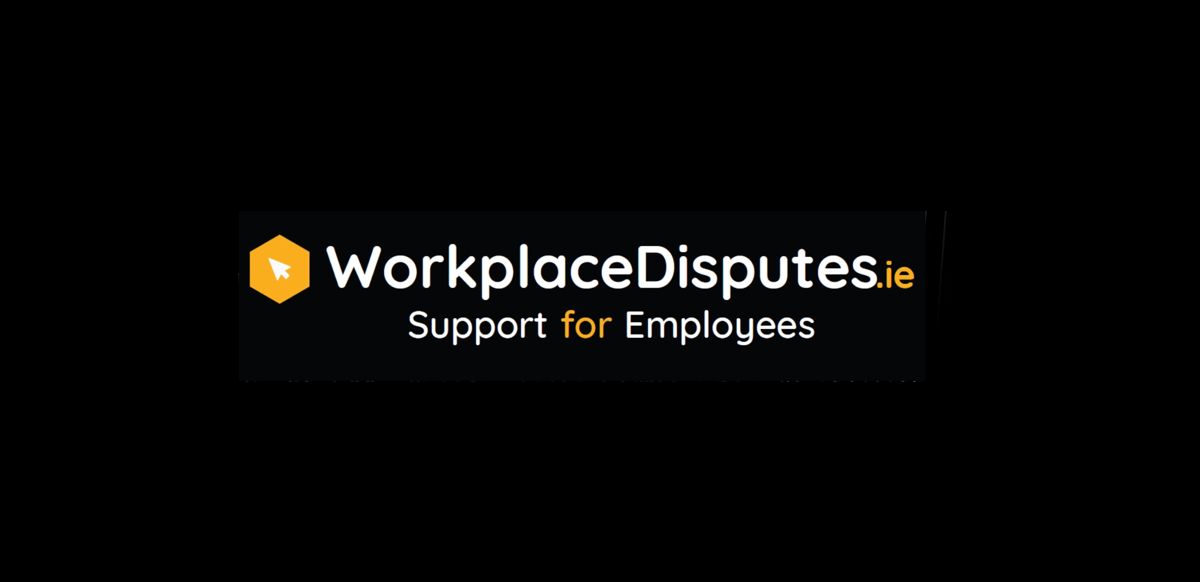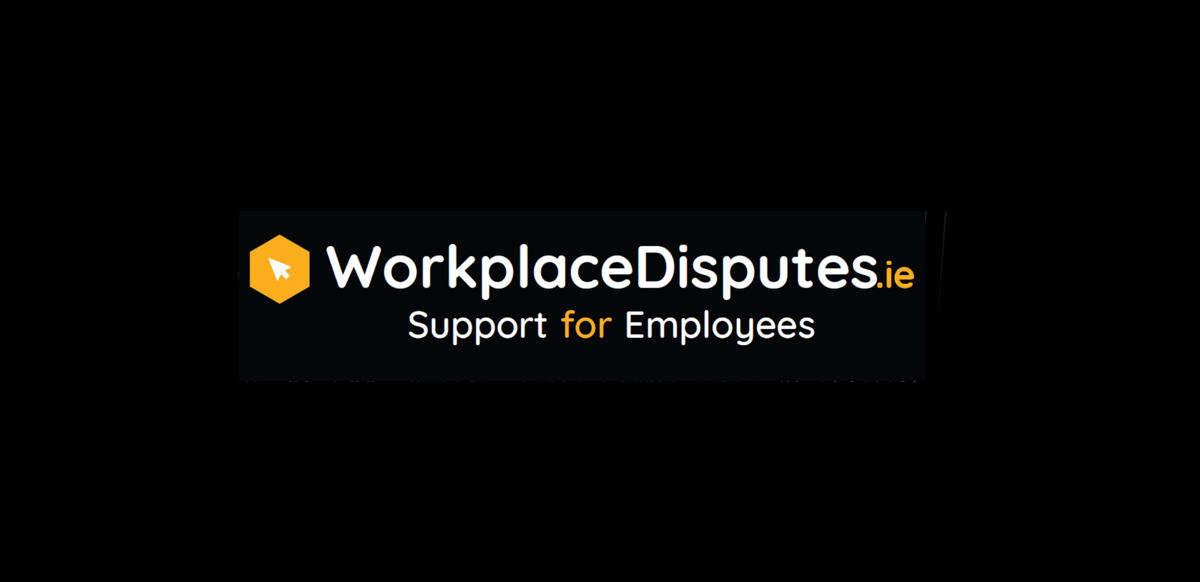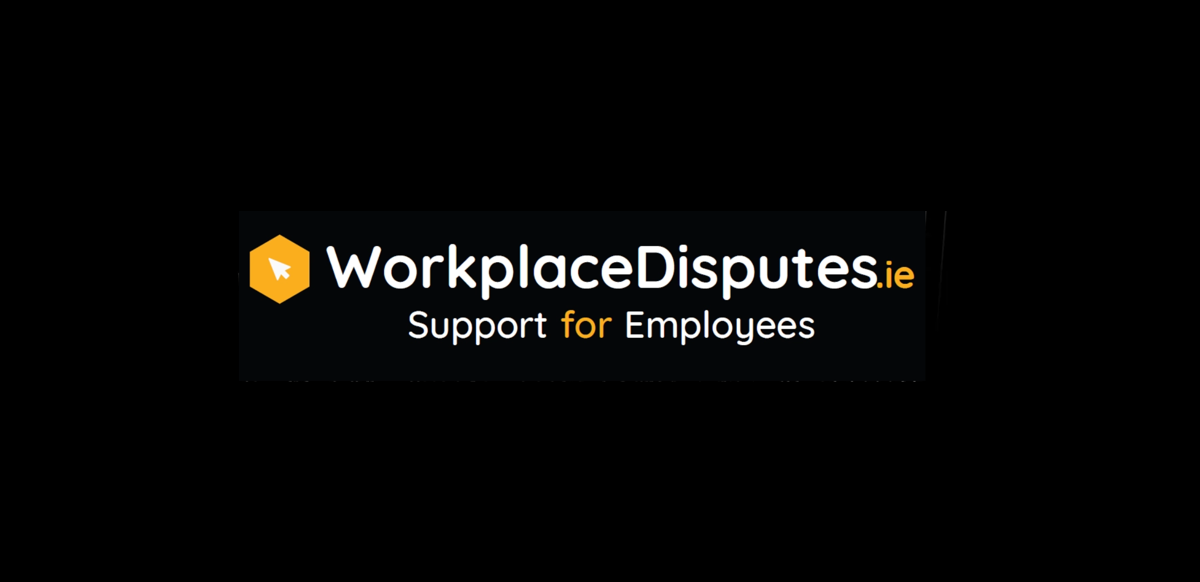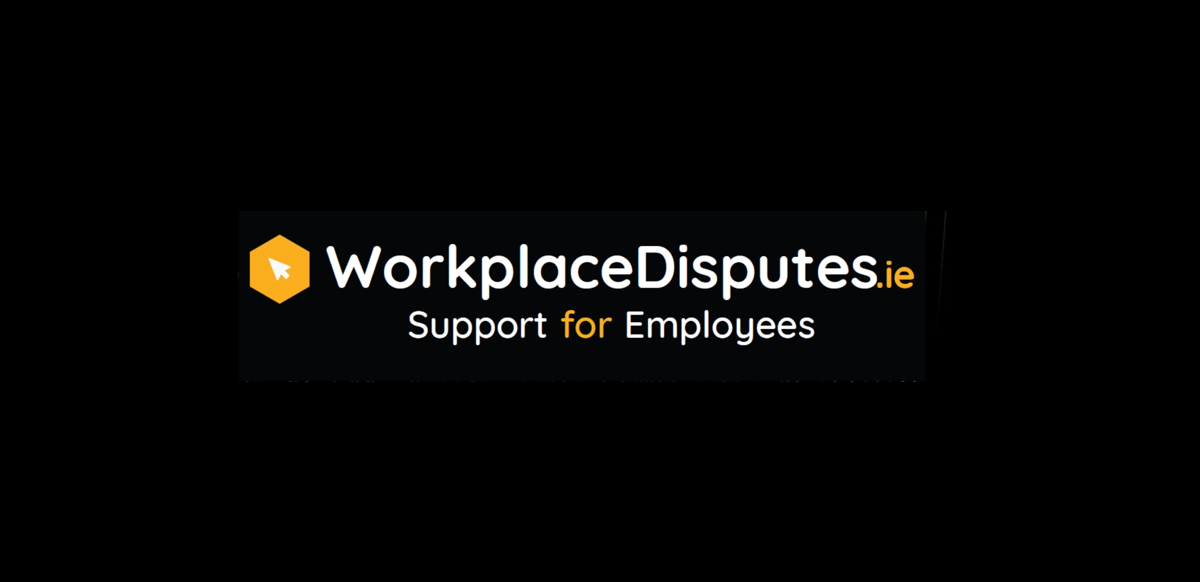Workplace disputes rarely begin as legal problems; they begin as human ones. People often progress to the Workplace Relations Commission after experiencing stress, shock, anger, humiliation, or confusion about how things escalated so quickly at work.



FAQs.
Welcome to our FAQs page! Here, you'll find clear and concise answers to the most common questions about our services, employment rights, and how we can support you. If you need further assistance, don't hesitate to get in touch—we're here to help.
When taking a case to the Workplace Relations Commission (WRC), many employees assume they can simply "add" to their complaint later if more issues arise. However, a recent WRC decision — CA-00070973-001 — highlights why that assumption can cost you your entire case.
Facing redundancy can be one of the most stressful moments in anyone's working life. It often comes with uncertainty, worry about finances, and confusion about whether the process being followed is fair. If you find yourself in this position, it's important to understand your rights under Irish employment law.
When an employer admits that a dismissal was unfair, many employees believe the hard part is over. The reality is different. Winning on liability is just the beginning — the real challenge lies in proving compensation for the financial and statutory losses that flow from being dismissed.
Offering a candidate significantly less than the salary budgeted for a role simply because they didn't negotiate hard enough is not just unethical—it's one of the structural practices that has contributed to the persistent gender pay gap.
Victimisation vs Penalisation in the Workplace: What’s the Difference – and Why It Matters
Many employees know what it feels like to be punished for speaking up at work — but few understand the legal distinction between victimisation and penalisation. If you're preparing a complaint or case, this difference could affect your legal protections, the burden of proof, and even the level of compensation you may be entitled to.
Minimum Wage Rights and Protection from Unfair Dismissal – Even Without 1 Year of Service
Many employees are unaware that they have strong legal protections under the National Minimum Wage Act 2000, particularly when it comes to raising concerns about low pay or asserting their right to be paid fairly. One of the most important protections in this Act relates to victimisation and unfair dismissal.
When you're bringing a complaint before the Workplace Relations Commission (WRC) or an employment tribunal, clarity is crucial. It's not enough to say, "I was treated unfairly" — you need to explain what happened, why it matters, and how it breaches the law.
Inappropriate behaviour at work doesn't stop at the shop floor. It climbs boardroom stairs, slips into HR offices, and often settles quietly behind executive titles. Senior managers and HR professionals are not immune to bullying, exclusion, or interpersonal dysfunction—but they are uniquely isolated in how they experience and respond to it.
Employees facing internal workplace processes such as investigations, grievance hearings, or disciplinary hearings are often entitled to bring someone with them for support. However, confusion is common—both among employees and employers—about what that companion can and cannot do. Misunderstandings about this role can lead to unfair restrictions...





